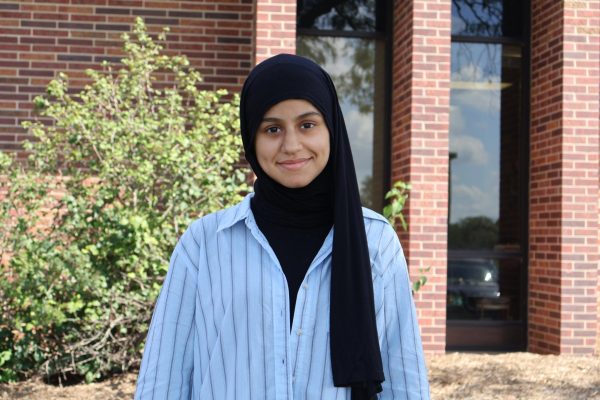Many people around the world struggle with harsh conditions, both mentally and physically. This may push them towards the idea of suicide, as it’s their interpretation of relief. In certain areas recently, the people mentally or physically challenged are able to go to a physician, who has the power to supply them with what they desire: suicide.
Assisted suicide is the process of a physician providing the materials/needs necessary to help a patient who’s suffering end their life.
The widespread access to assisted suicide can be dangerous, as it means lives are on the line in the areas those services are supplied. The number of physicians willing to provide this desire for the suffering patient are increasing as well.
Life comes with many challenges, many struggles – but also many surprises. Though you may be in a deep pit of darkness that’s filling up with water, making it seem like you’ll drown, that same water can be your rope to swim up and escape out of that pit. There is ALWAYS a solution, just as there is always a struggle. Struggles wouldn’t be created if there weren’t solutions or relief.
For example: education. Education is a process that takes up MANY years of your life, from childhood to adulthood, and it progressively gets more challenging as you grow up. Harder work, more homework, even more mental struggles- as it’s possible to form depression or anxiety from all of the work, but in the end, it’s what it takes to earn that degree and the benefits that come along. The degree is the relief. It provides you with necessities, like a job, but also with new friends at your job, money and time for a family, a respected/high status in society, experience in life, wisdom, and the list goes on; but of course, this could not have been achieved without struggle.
To be clear, I think that assisted suicide is not the solution. We frequently see “Never give up” posters hung up at school or work, and assisted suicide is acting on the exact opposite – except it’s worse, as now there is someone helping you give up, the same someone we thought would help us live peacefully and healthy. There will be relief, but the reason suicide comes to one’s mind is because they are in a state of despair, thinking there’s no relief/solution but suicide. Physicians should instead train the patient to slowly develop a more open-mind to solutions, because there is much awaiting them.
Looking at a code of medical ethics from AMA towards this concept, opinion 5.7 states: “Physician-assisted suicide is fundamentally incompatible with the physician’s role as healer, would be difficult or impossible to control, and would pose serious societal risks.”
Others that are allied with the idea of assisted suicide think otherwise, for example: assisted suicide is care, not killing. You’re caring for your patient by ‘ending their pain’. Along with that, they mention the fact that physicians are expected to respond to their patient’s desires, or respect their refusal against a certain treatment.
Although physicians are to respect a patient’s desires, there is a boundary. Not all of these patients are mentally stable to know which decision is right for them, and that’s why always listening to their desires is not ideal, especially the idea of suicide – because asking for assisted suicide is really a cry for help. They’re indirectly reflecting the deep despair inside of them. That’s why real care is not killing. Real care is providing them with the aid necessary to get them out of this state of unbearable pain and despair – and to prove that, we can imagine it was one of our family members approaching a doctor claiming they want assisted suicide. We would want the doctor to help them want life again, not to assist them in dying.
Assisted suicide can also be a large burden on the physicians, as it’s unhealthy for their mental state. Doctors may form thoughts of guilt, thinking they killed someone when that wasn’t their intention – and it can lead the doctor into a loophole as well.
An experienced English teacher here at East, Stephen Swinehart, expresses his opinion: “Life loves life, it’s a natural inclination for us creatures, not just human species – but creatures in general. We will do whatever we can to stay alive. It’s woven into who and what we are. My take on it – the notion of ending one’s life, is quite unnatural,” Swinehart says. “It’s an interesting notion that physicians will do everything in their power to help our species stay alive or they’ll do everything in their power also to decrease the suffering as the individual is in the dying process.”
In the end, assisted suicide is an end, proving it to be a right, not a solution.
If you or someone you know is struggling with suicide, there are many resources available to help you. You are cared for and your life matters.
Suicide and crisis lifeline: 988 (call and text)
LACDMH Helpline: (800) 854-7771
East counselor website: https://home.lps.org/ehscounseling/



